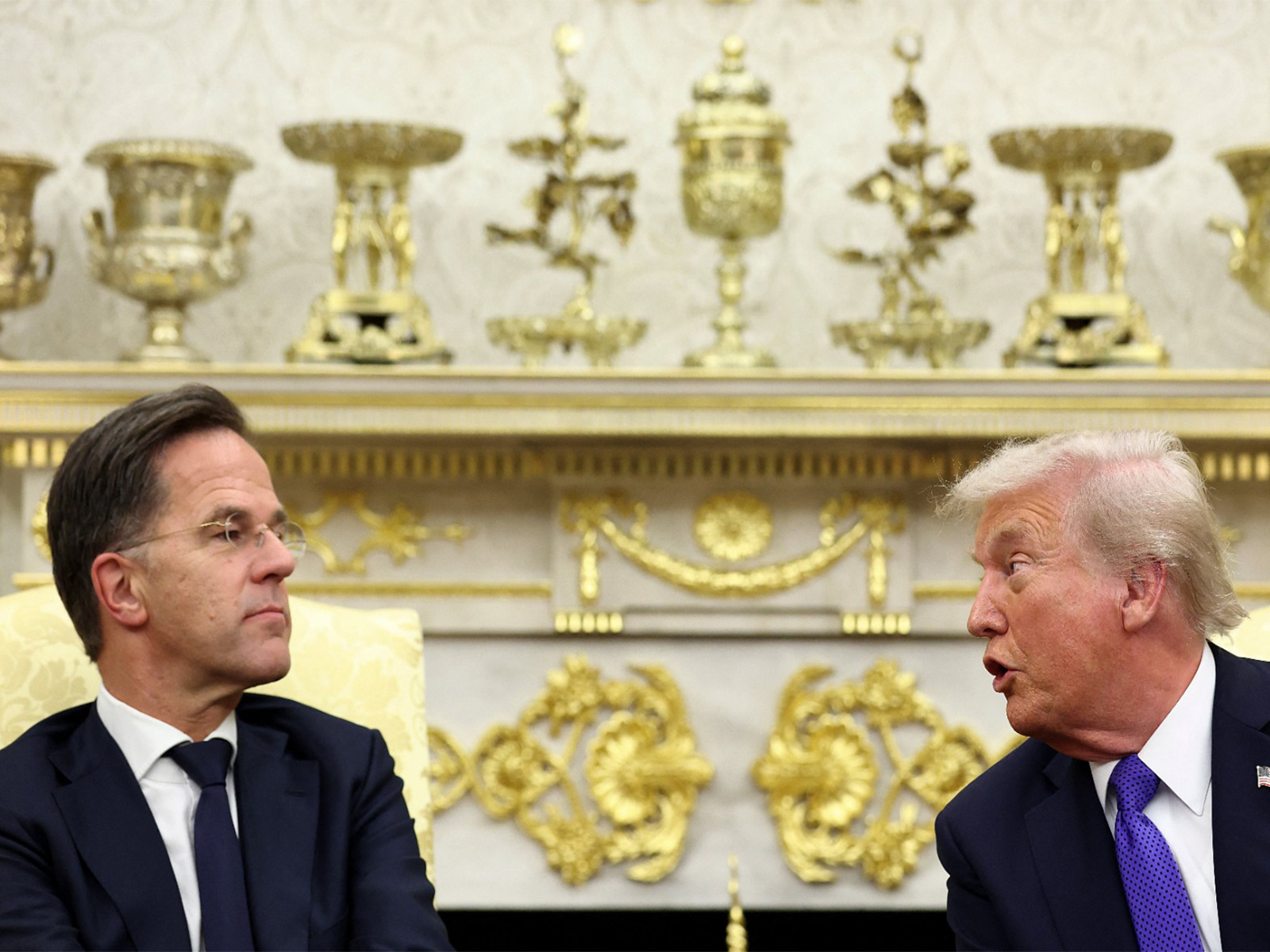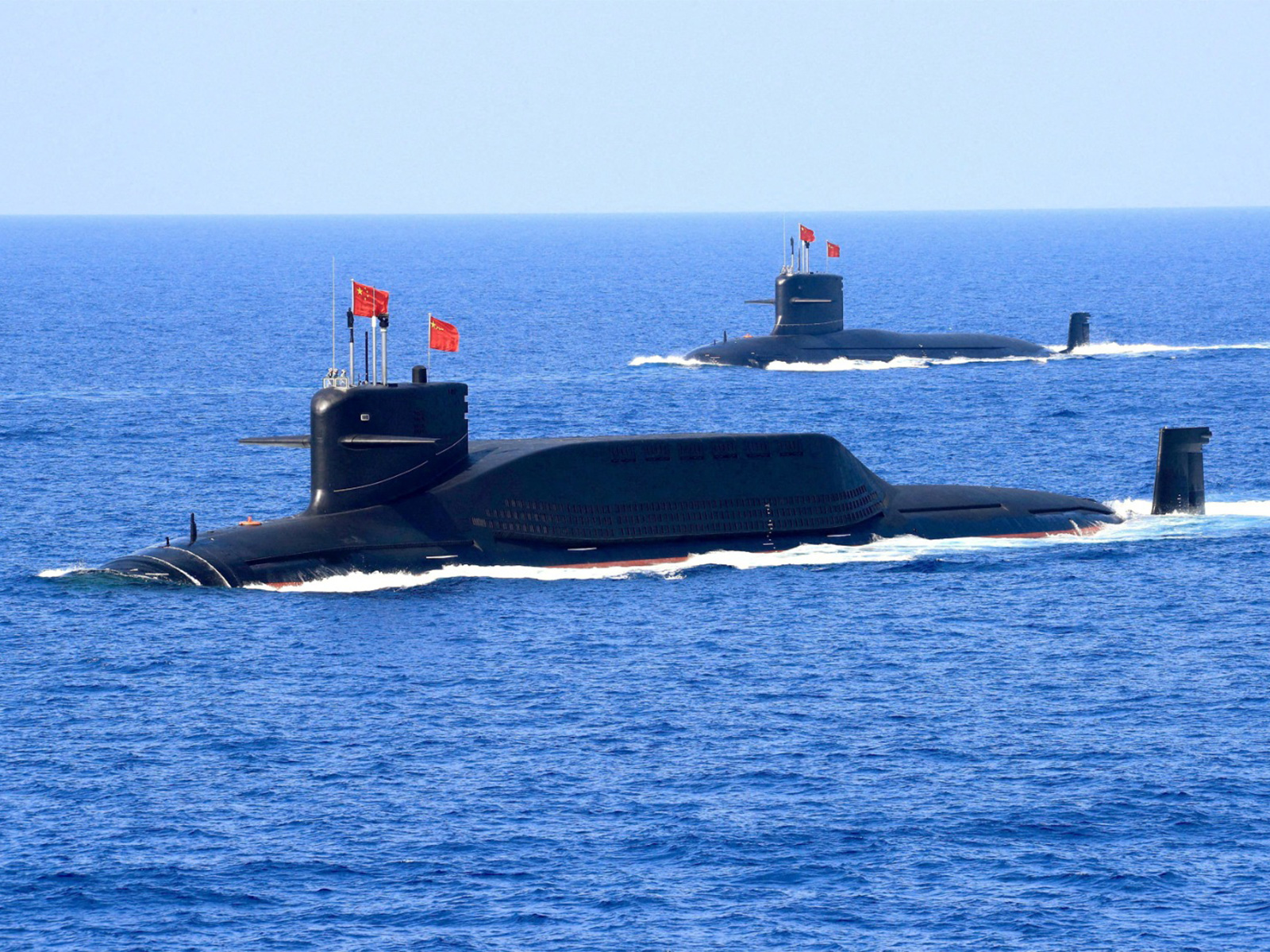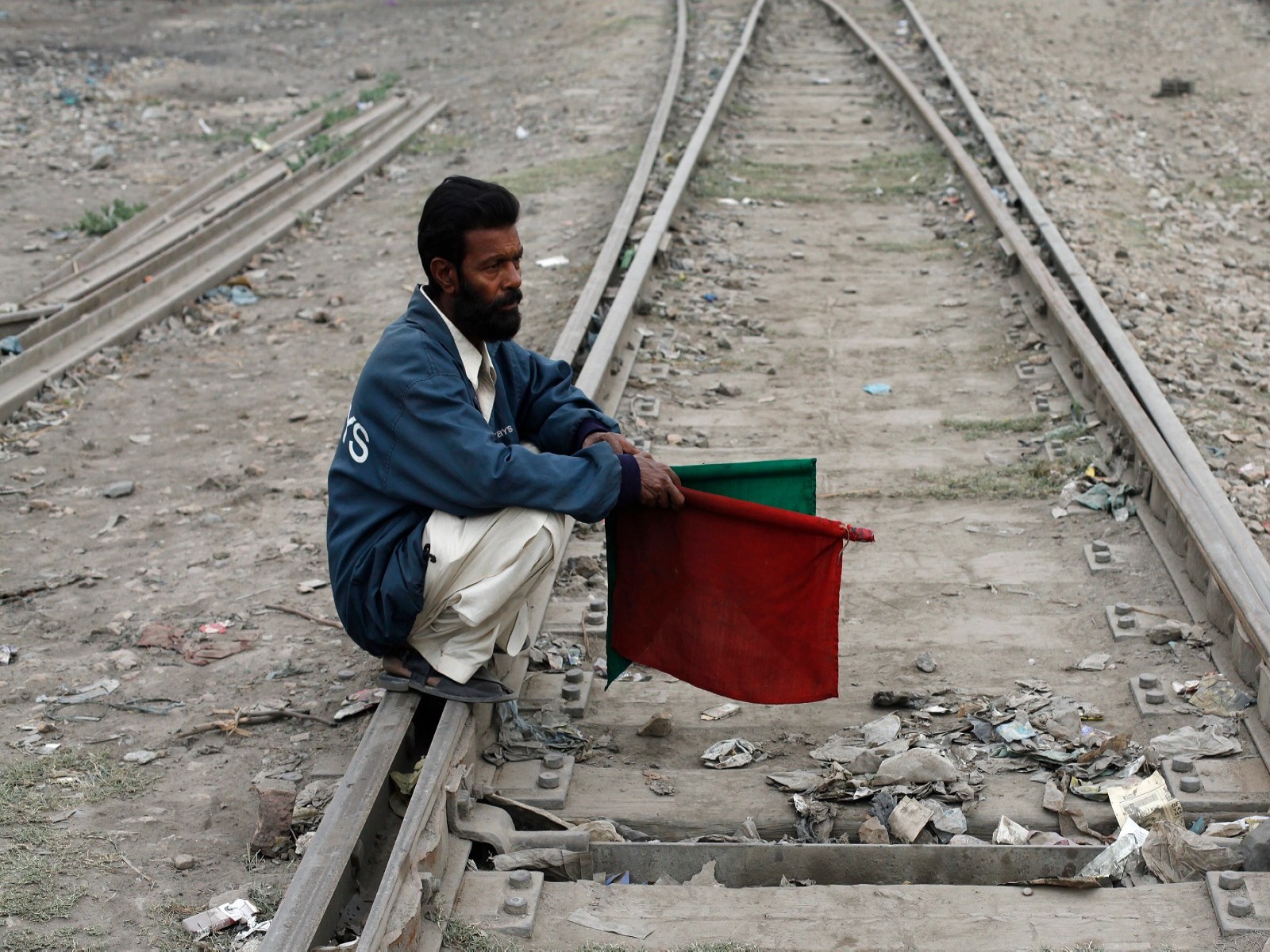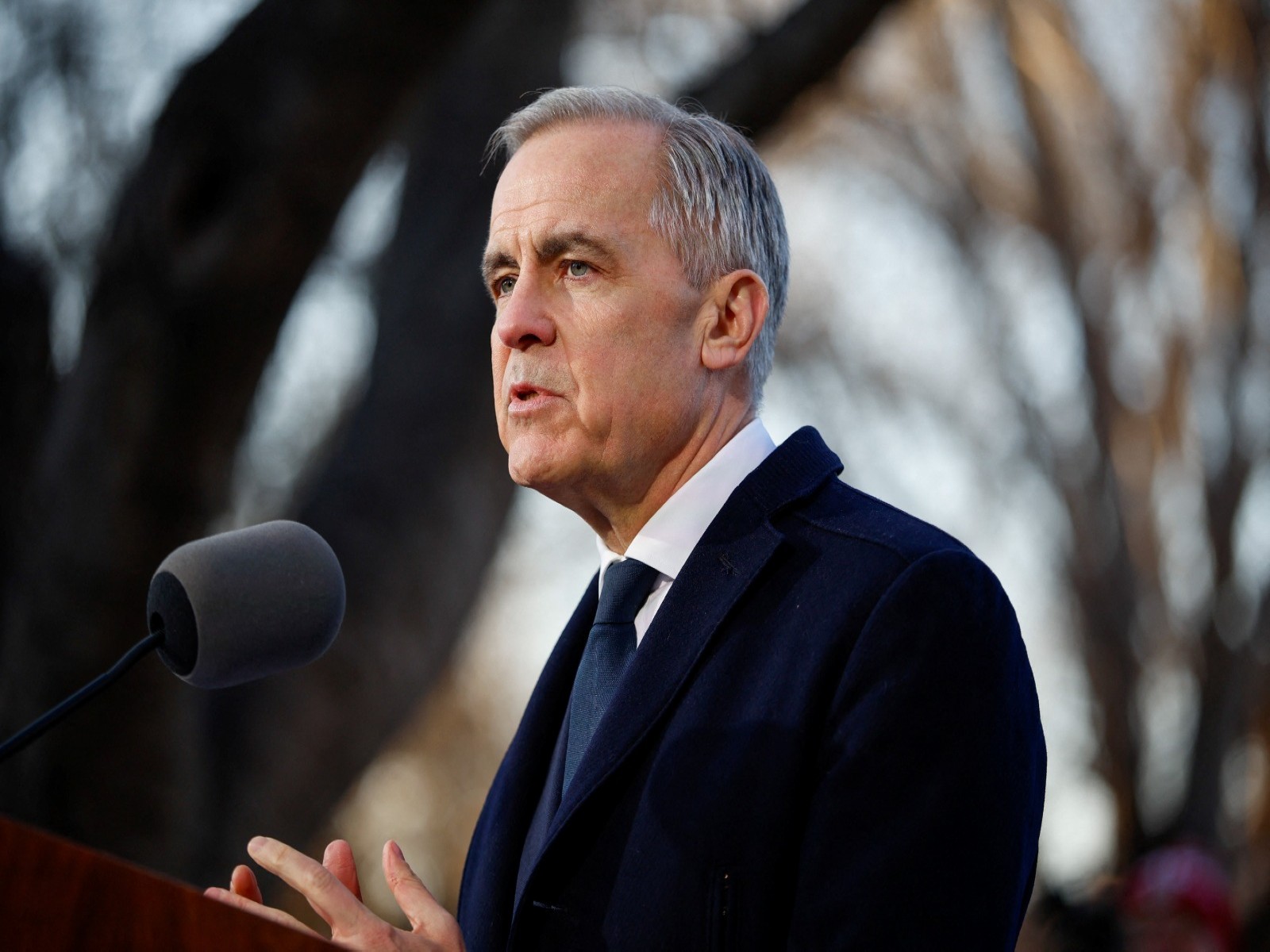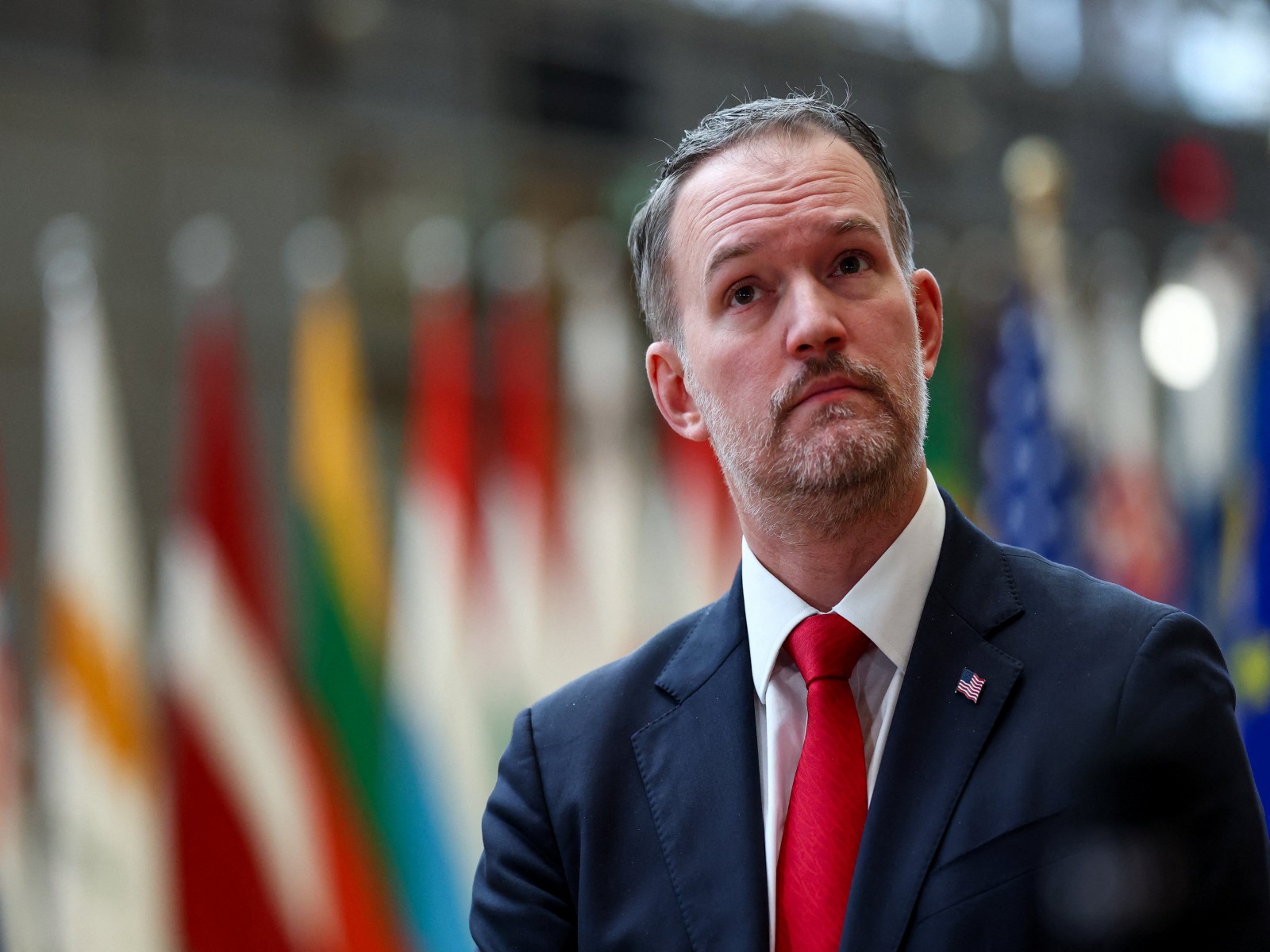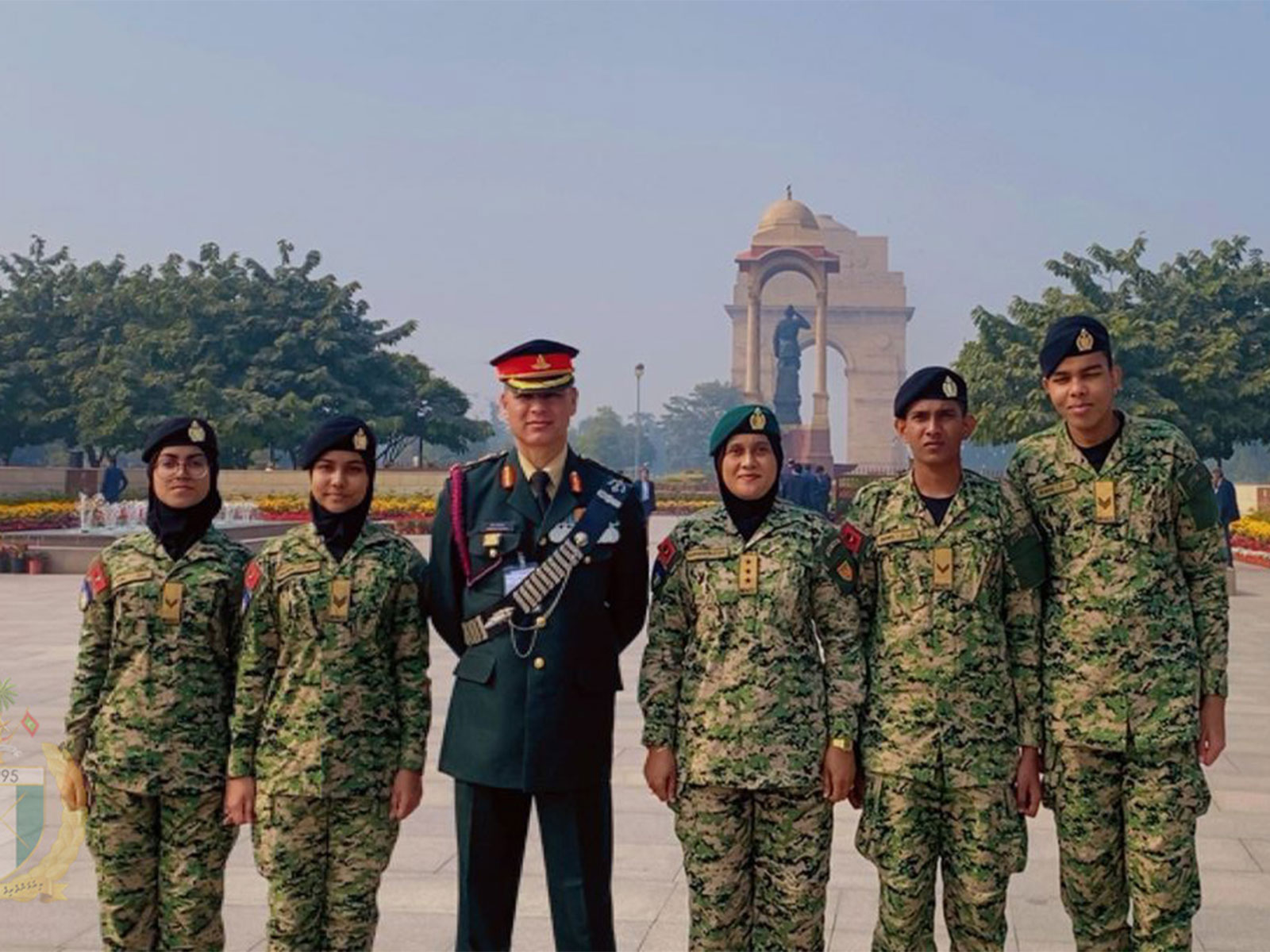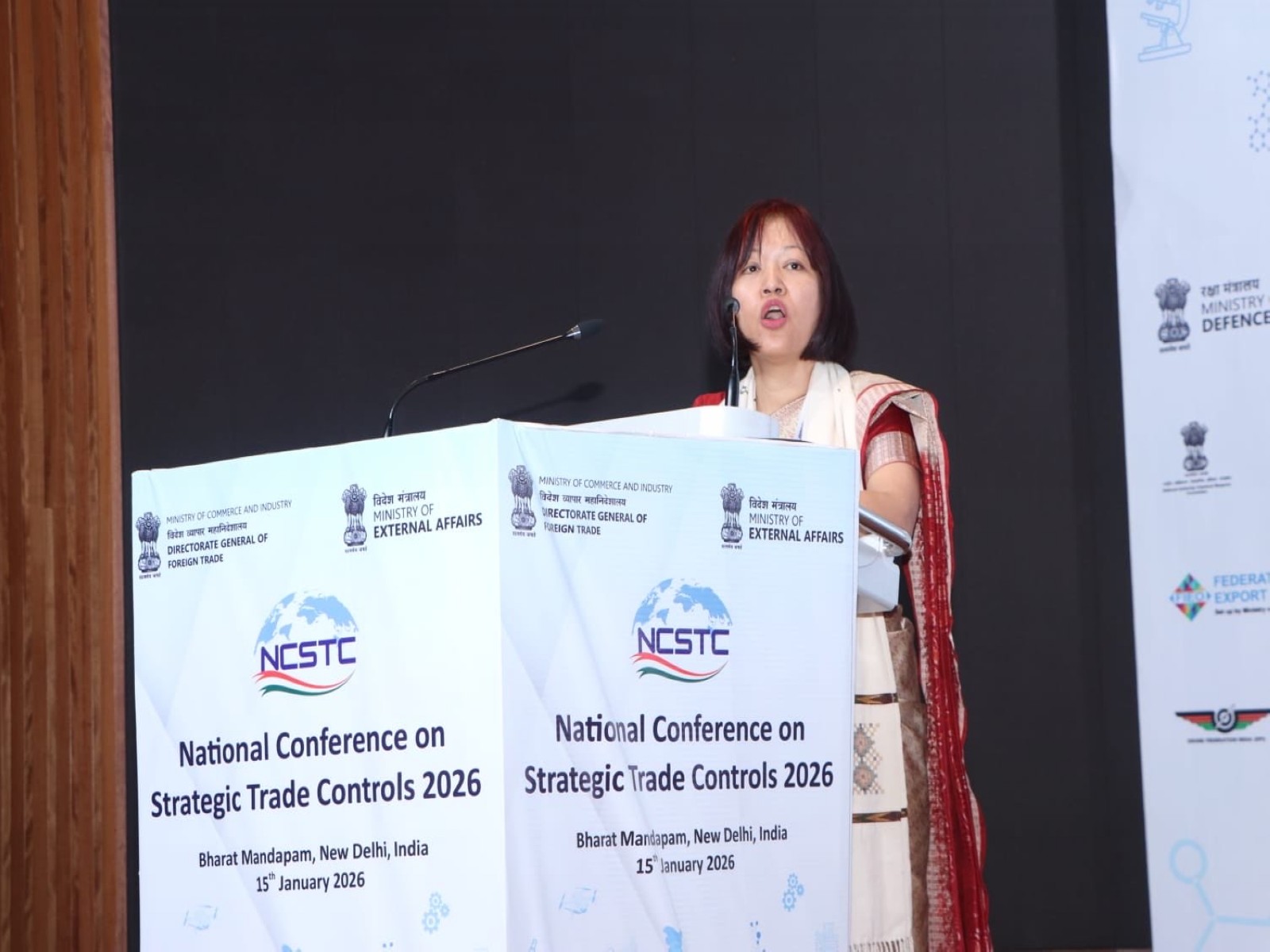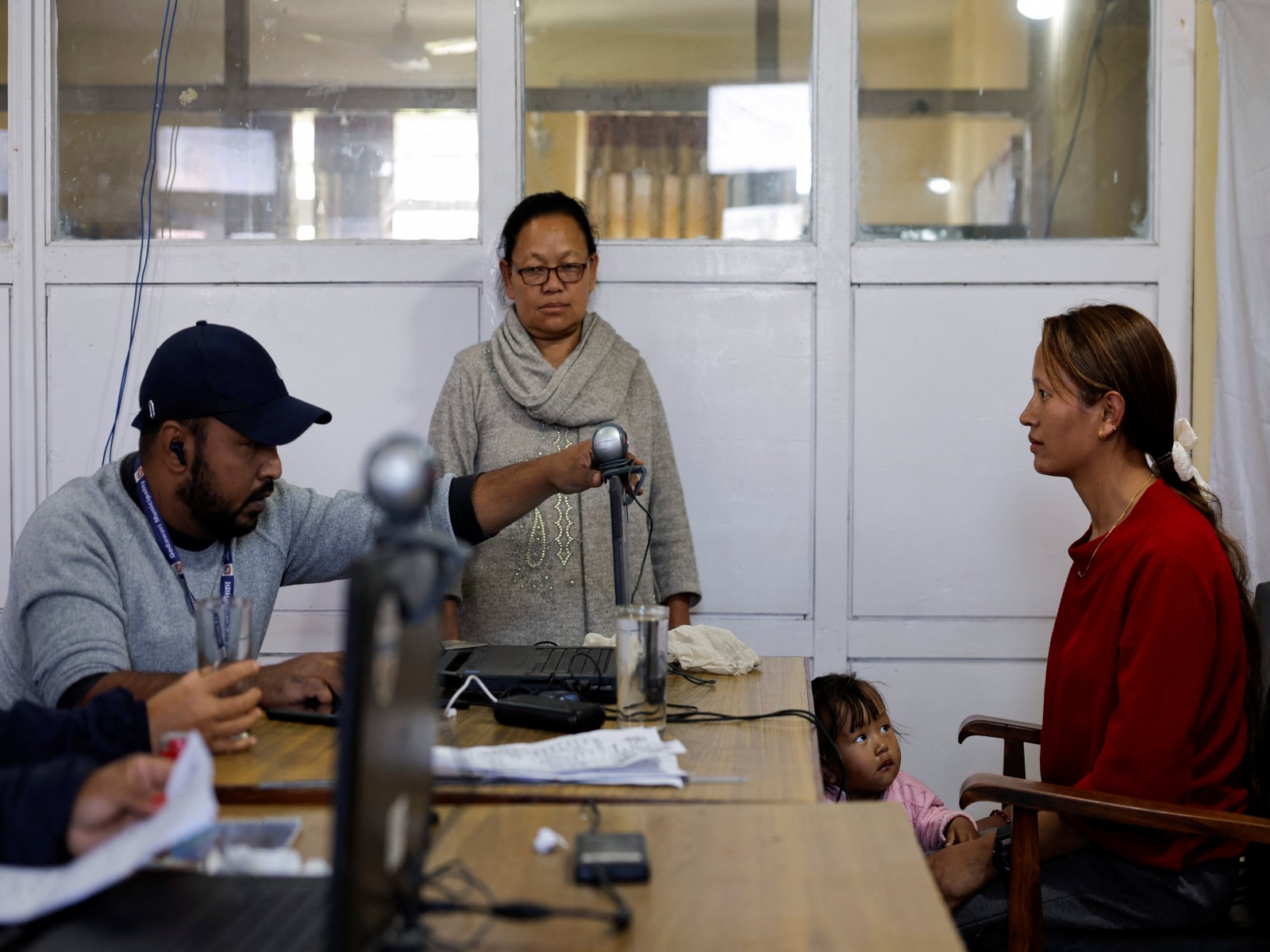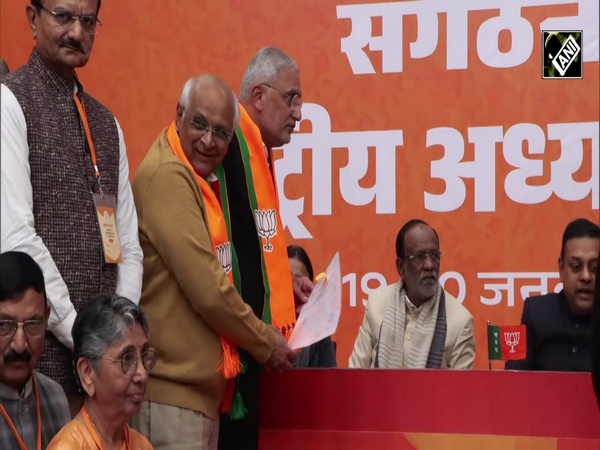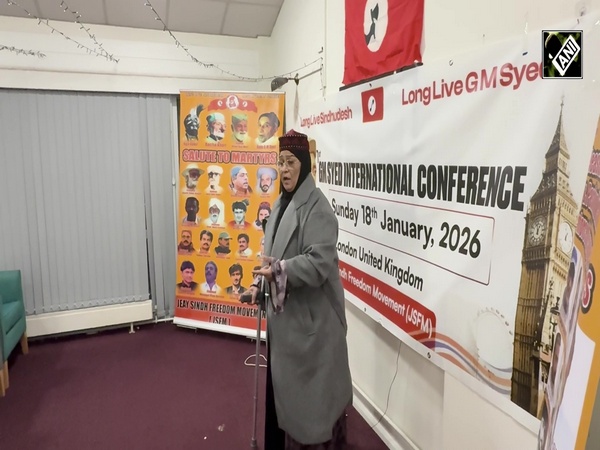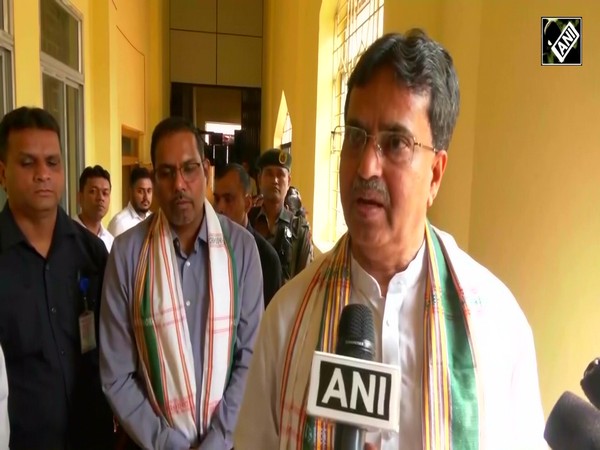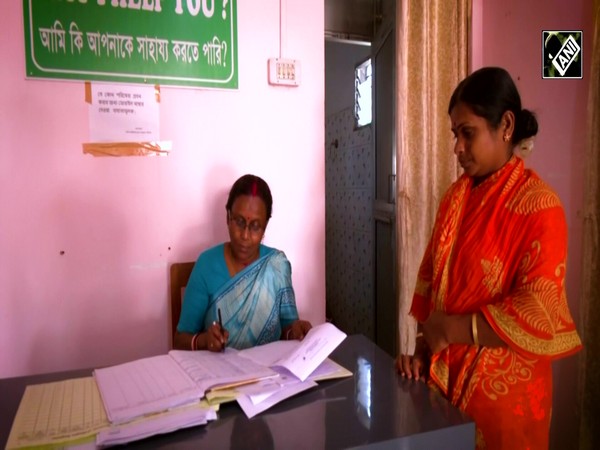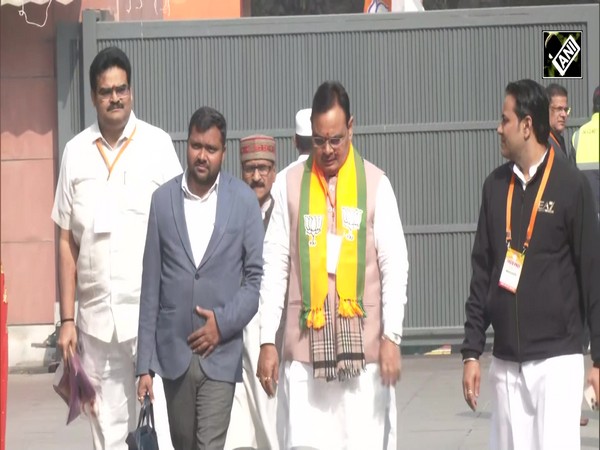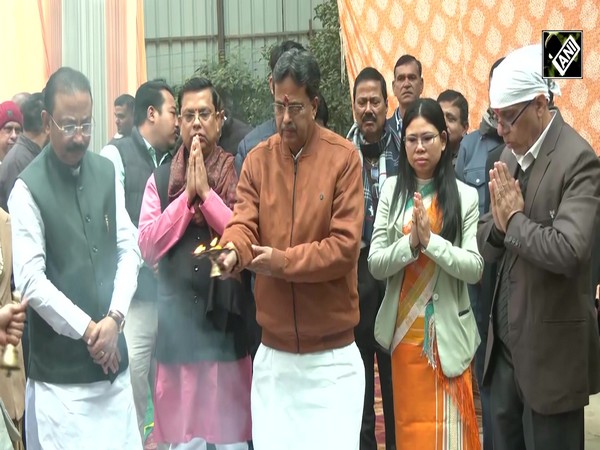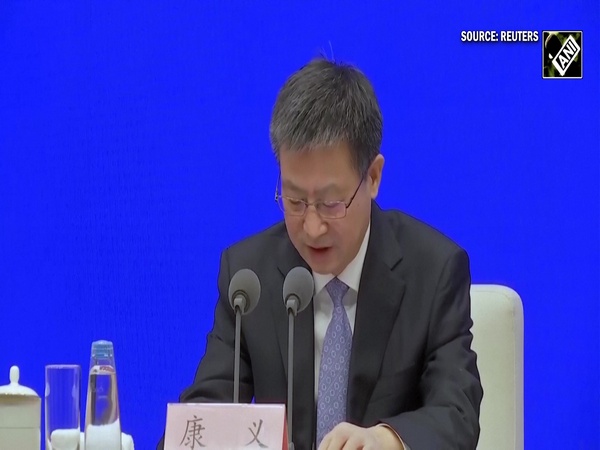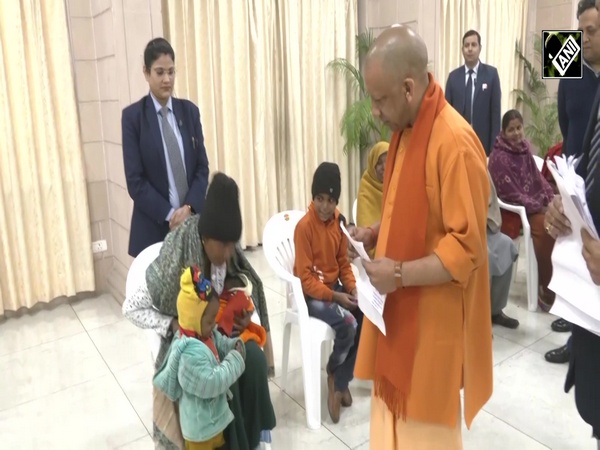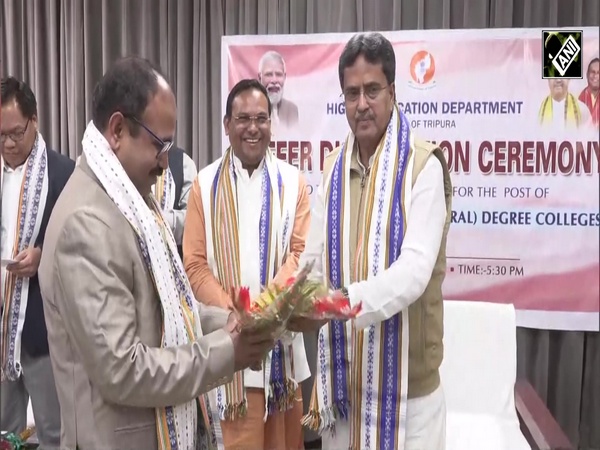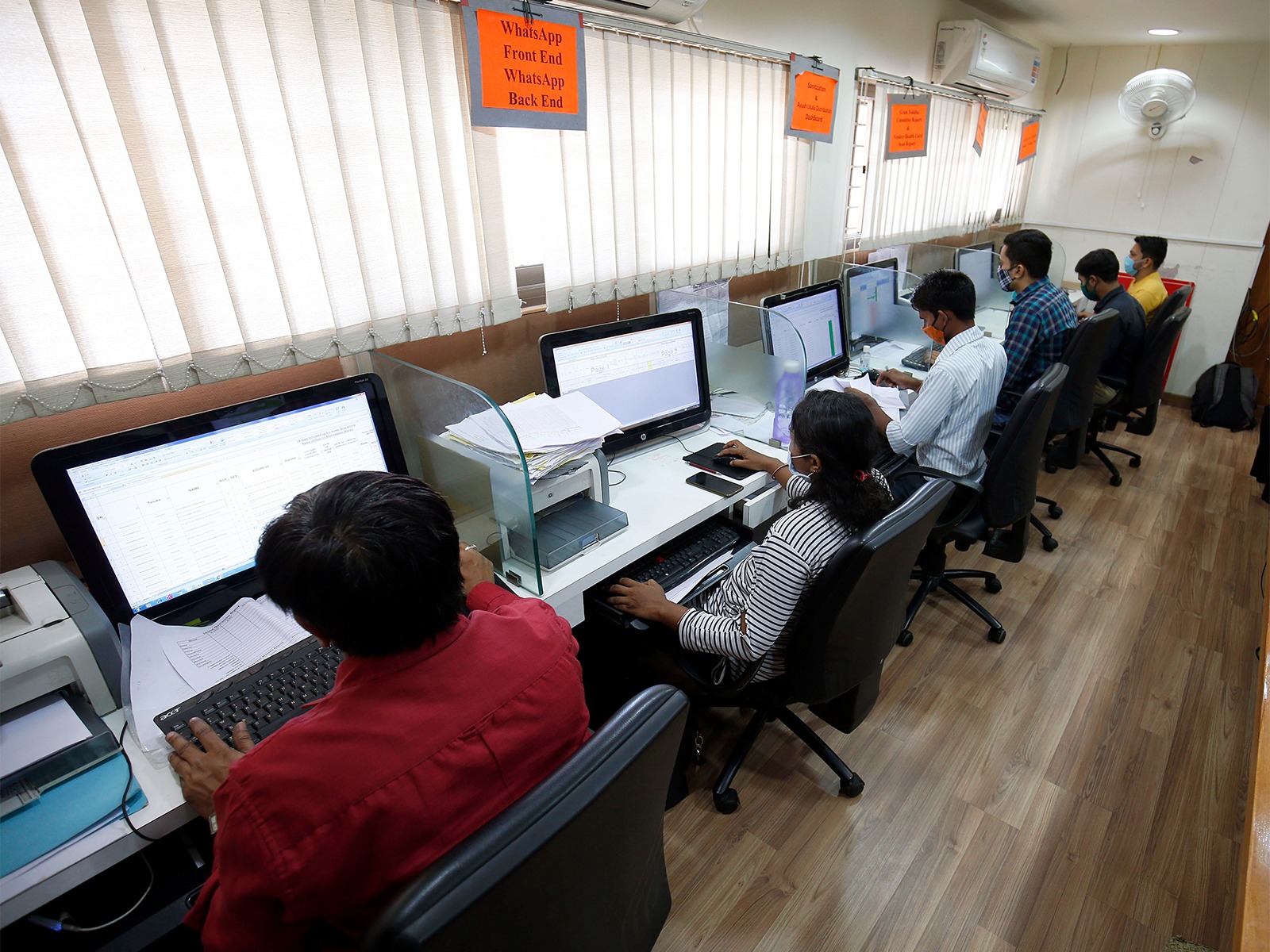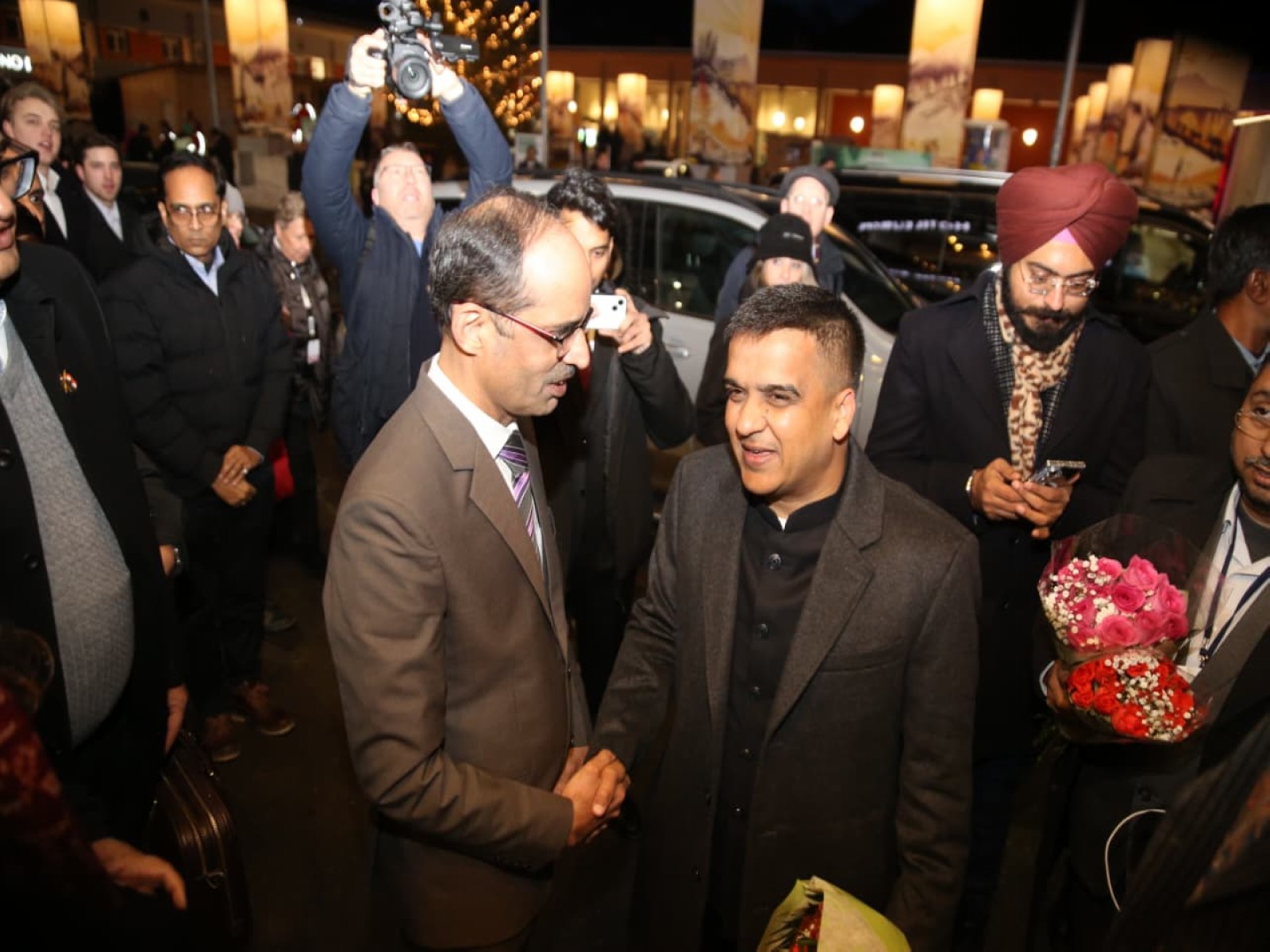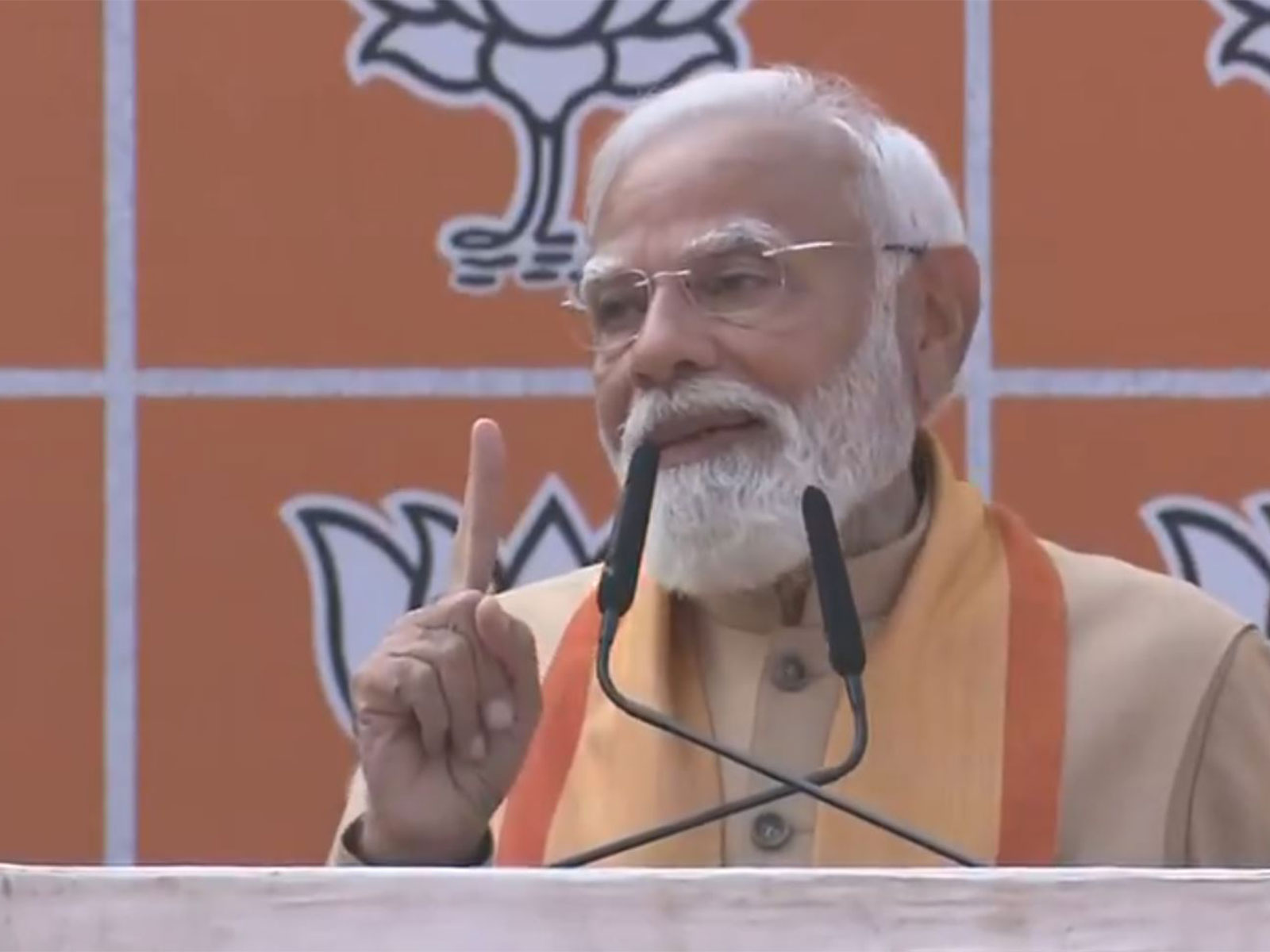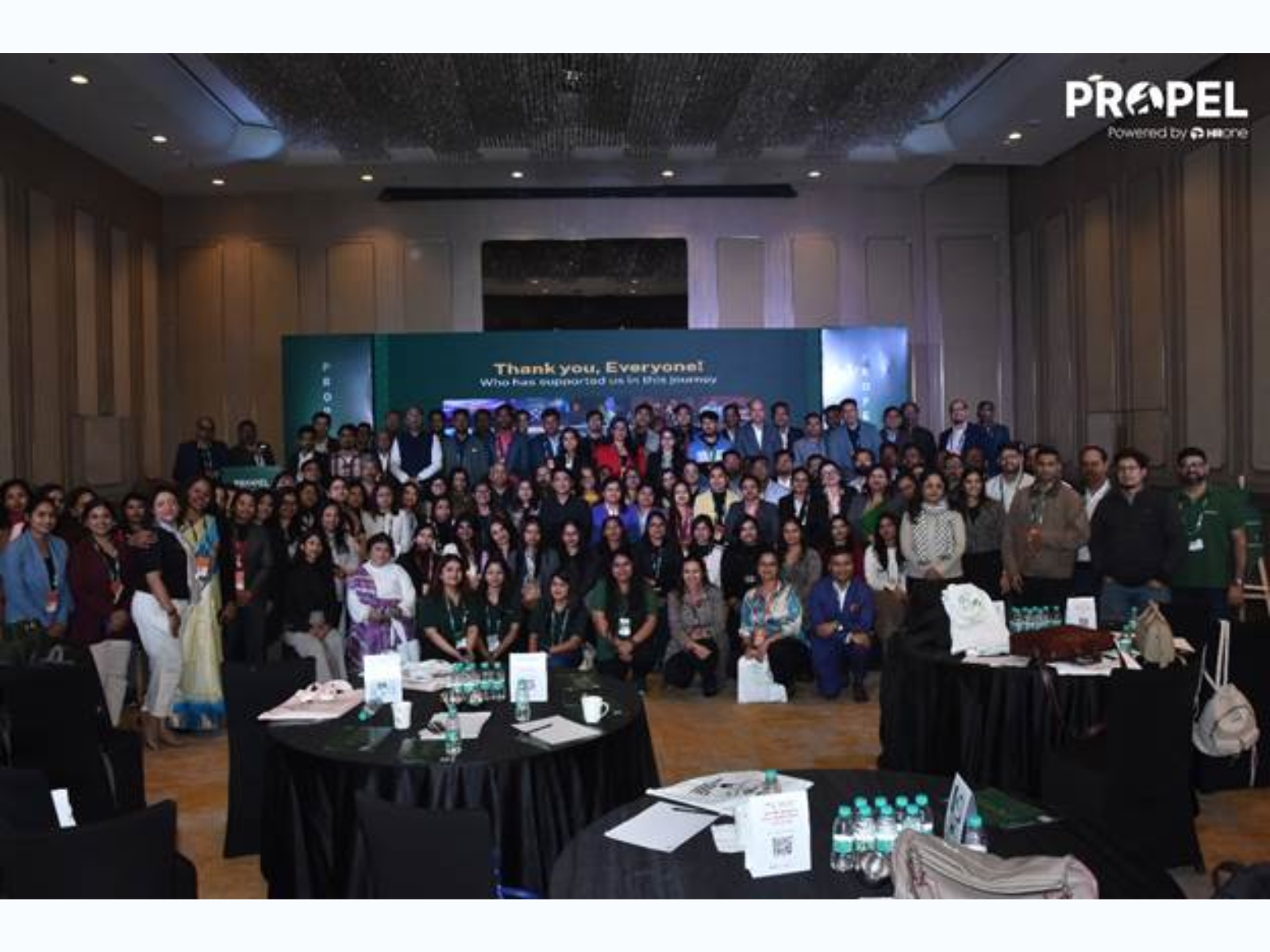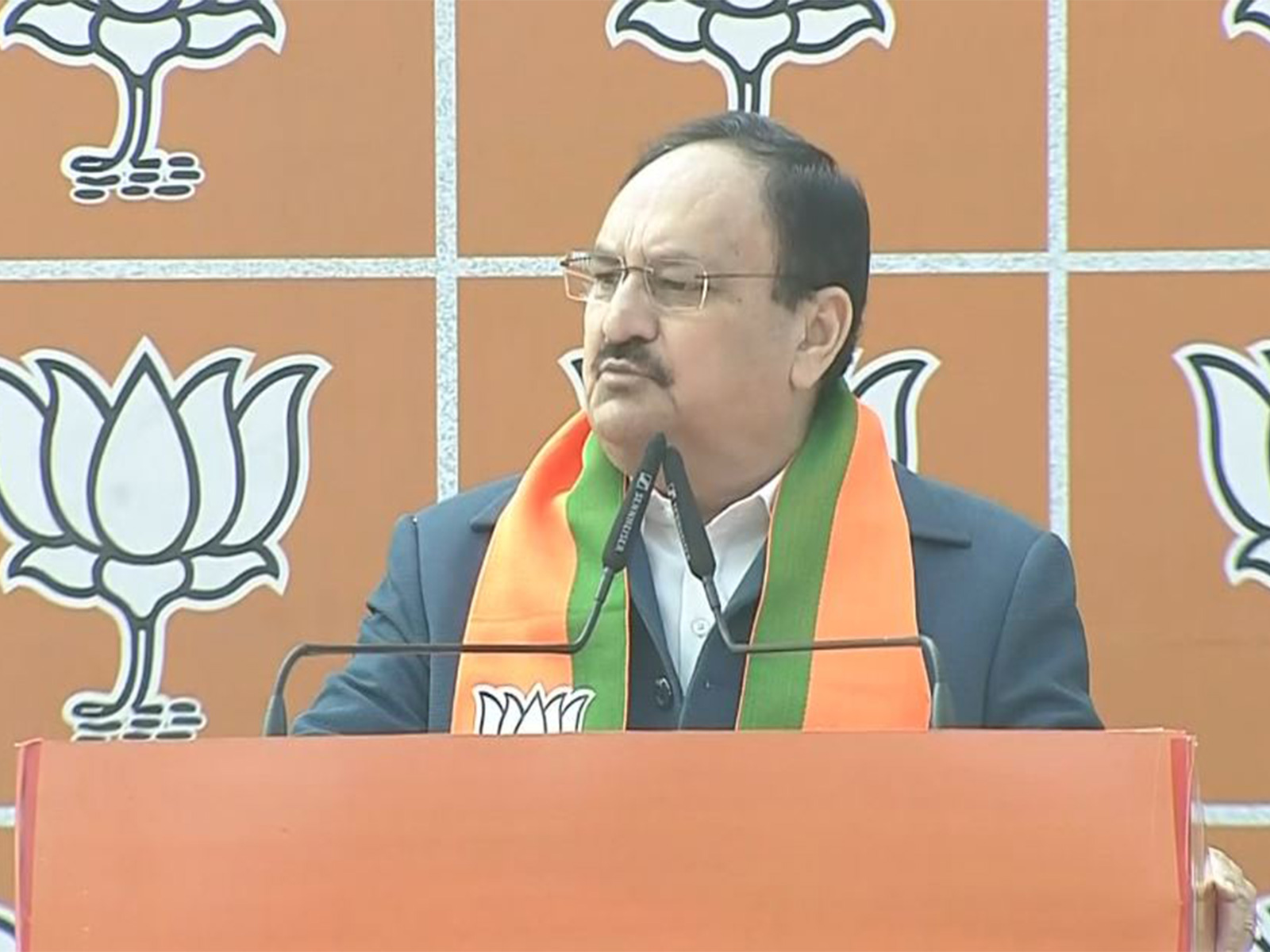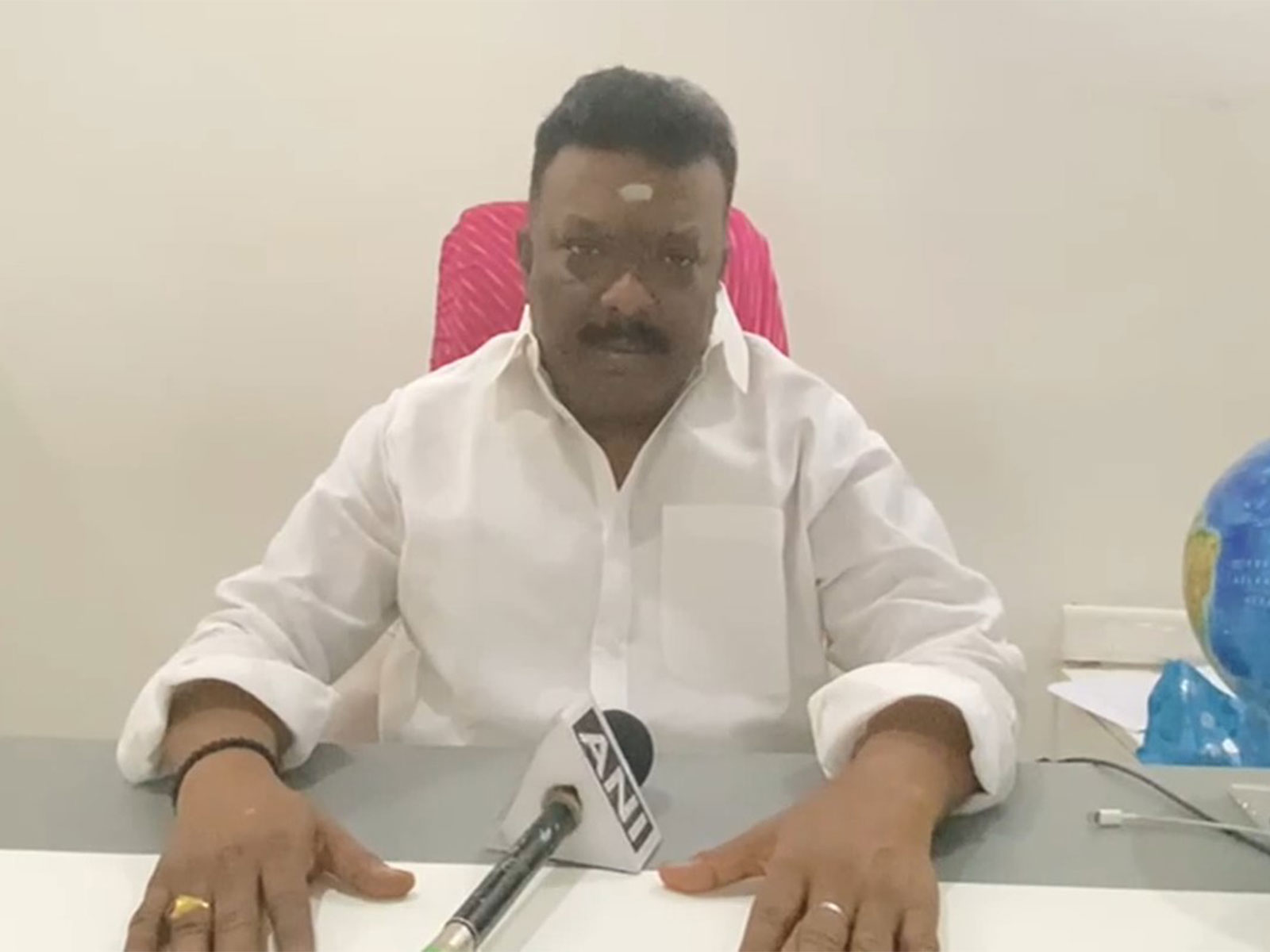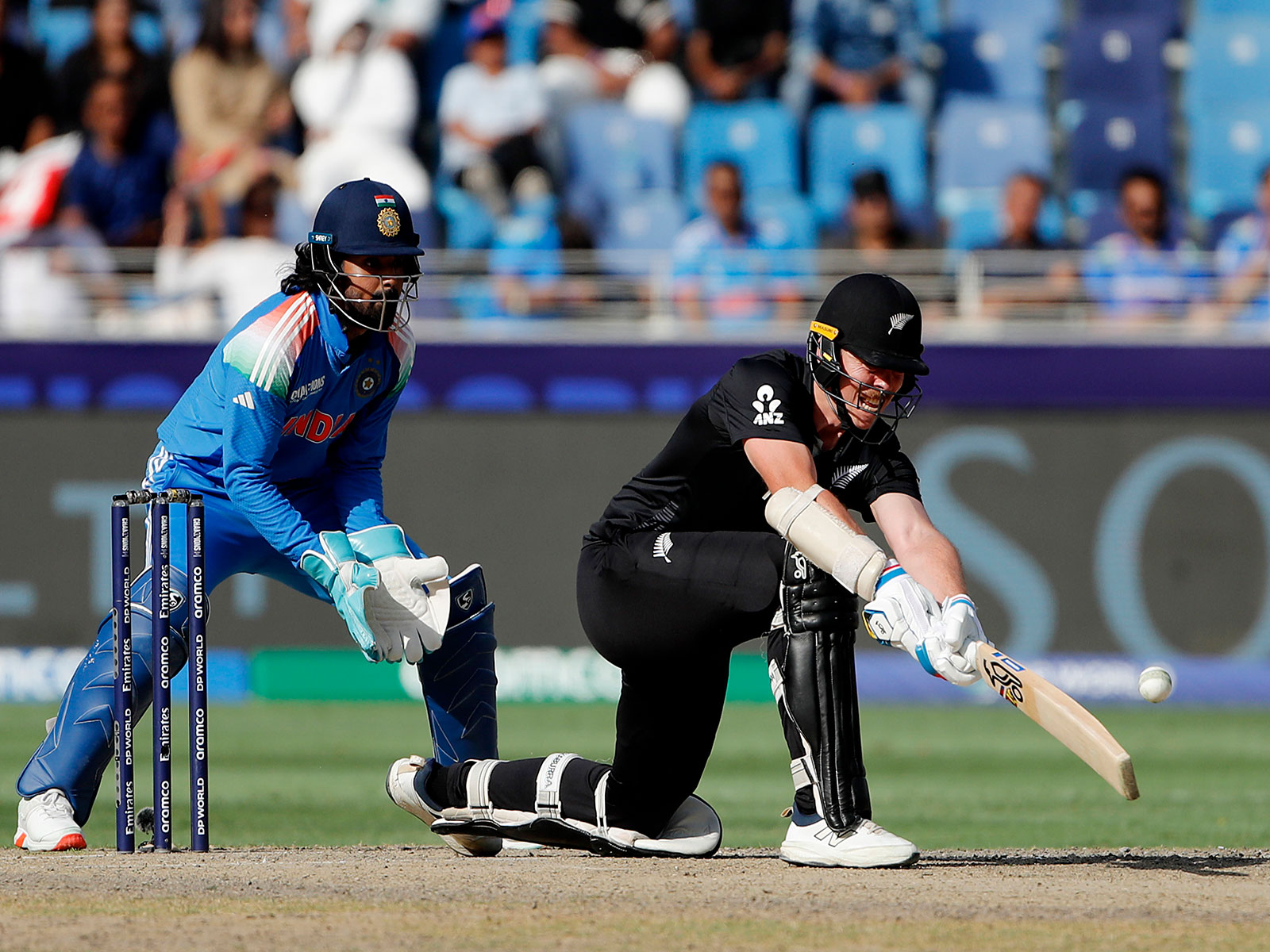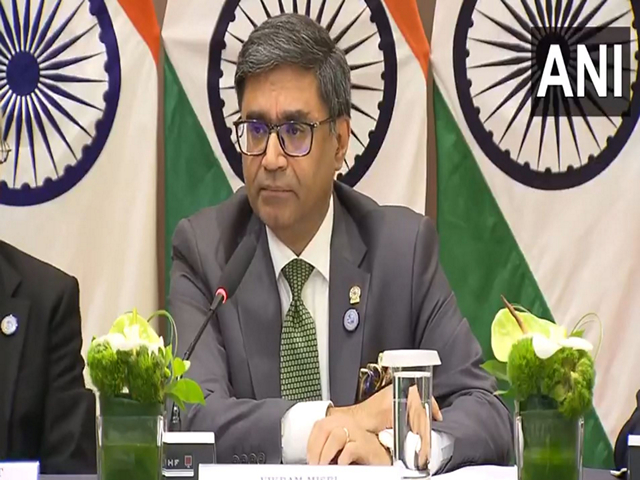
PM Modi, Xi Jinping underline need to proceed from political, strategic direction to reduce bilateral trade deficit: MEA
Aug 31, 2025
Tianjin [China], August 31 : Prime Minister Narendra Modi and Chinese President Xi Jinping on Sunday emphasised the need to proceed with a political and strategic direction to reduce bilateral trade deficit, said the Ministry of External Affairs, Foreign Secretary Vikram Misri, while adressing the special briefing on PM Modi's China visit.
"On economic and trade relations, there was recognition of the role that the Indian and the Chinese economies can play in stabilising world trade," Misri said after PM Modi and Chinese President Xi Jinping held a bilateral meeting.
"Both leaders underlined the need, once again, to proceed from a political and strategic direction to reduce their bilateral trade deficit, facilitate bilateral trade and investment ties in both directions, and increase policy transparency and predictability," he stated.
Noting the trade deficit between the two countries, Misri emphasised that "this has been a matter of discussion over several years. In the current context, as well, in fact, this is a discussion that started even when Foreign Minister Wang Yi was in Delhi and meeting with External Affairs Minister S Jaishankar."
"The issue was raised there as well by us...It is also important to look at the issue of trade and trade deficit from the broad strategic direction and engagement between the two countries. Growing trade between the two countries and the narrowing of the deficit will contribute to a change in perception in the relationship as well. But this is a discussion that is going on at many levels. It's between governments, between businesses, between entities that are involved in the trade. And we will have to see how it evolves going forward," he added.
Further, Misri also stated, "amongst other issues, the two leaders also exchanged views on ways to increase and balance bilateral trade, strengthen people-to-people ties."
Both countries have agreed to prioritise their domestic development goals, viewing each other as partners rather than rivals. "They both agreed that the two countries were primarily focused on their domestic development goals, and in this, they were partners rather than rivals," Misri said after the meeting.
He added that both leaders recognised the benefits of a stable and amicable relationship between the two nations, which would positively impact the 2.8 billion people living in India and China.
"It was also an element of consensus between them that a stable and amicable relationship between India and China can be to the benefit of the 2.8 billion people who live in the two countries," Misri stated.
"The common interests of the two countries outweigh their differences, and the two leaders also shared a consensus on the fact that differences should not be allowed to be turned into disputes," Misri noted.
"It was also understood that it is critical that India and China grow and cooperate if there is to be an Asian century and a functioning multipolar world order with a multipolar Asia at its heart," he added.
Foreign Secretary also added that both the leaders were "happy to note the progress that had been registered, the actions that had been taken since the meeting in Kazan and the momentum that had been maintained in bilateral relations since that meeting, especially in the domain of people-to-people relations."
"They spoke about their respective understanding of principles for bilateral relations, which is expected to help guide the future work of the two sides as we work on other aspects of the relationship," the foreign secretary added.
Notably, PM Modi is on a visit to Tianjin for the SCO summit. PM Modi's first engagement this morning was a bilateral meeting with Xi Jinping. This is the second meeting between the two leaders in the space of less than a year. Their last meeting was in Kazan in October of last year, where they laid down certain strategic guidelines for the development of bilateral relations and set out specific goals to be achieved by both sides.
